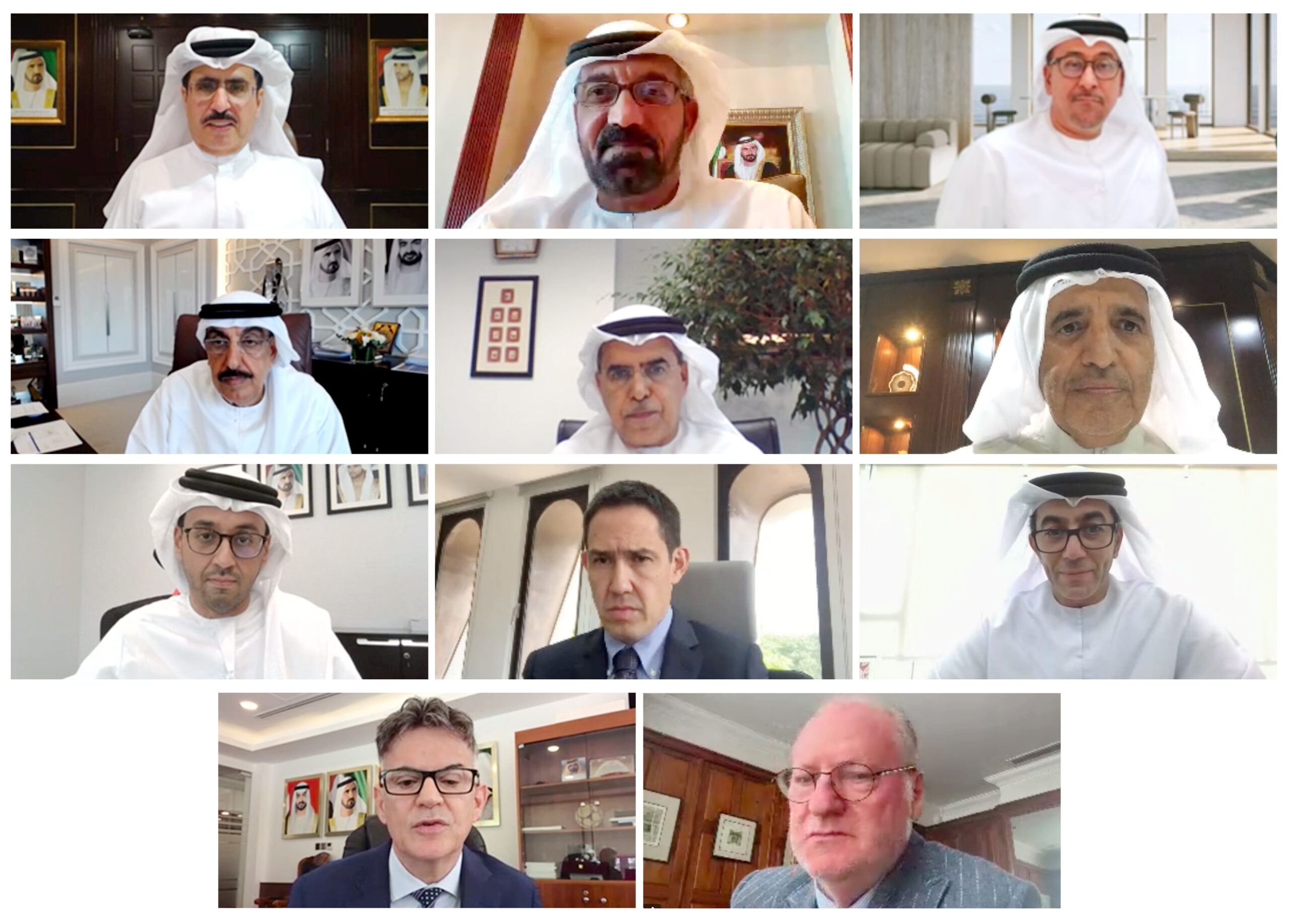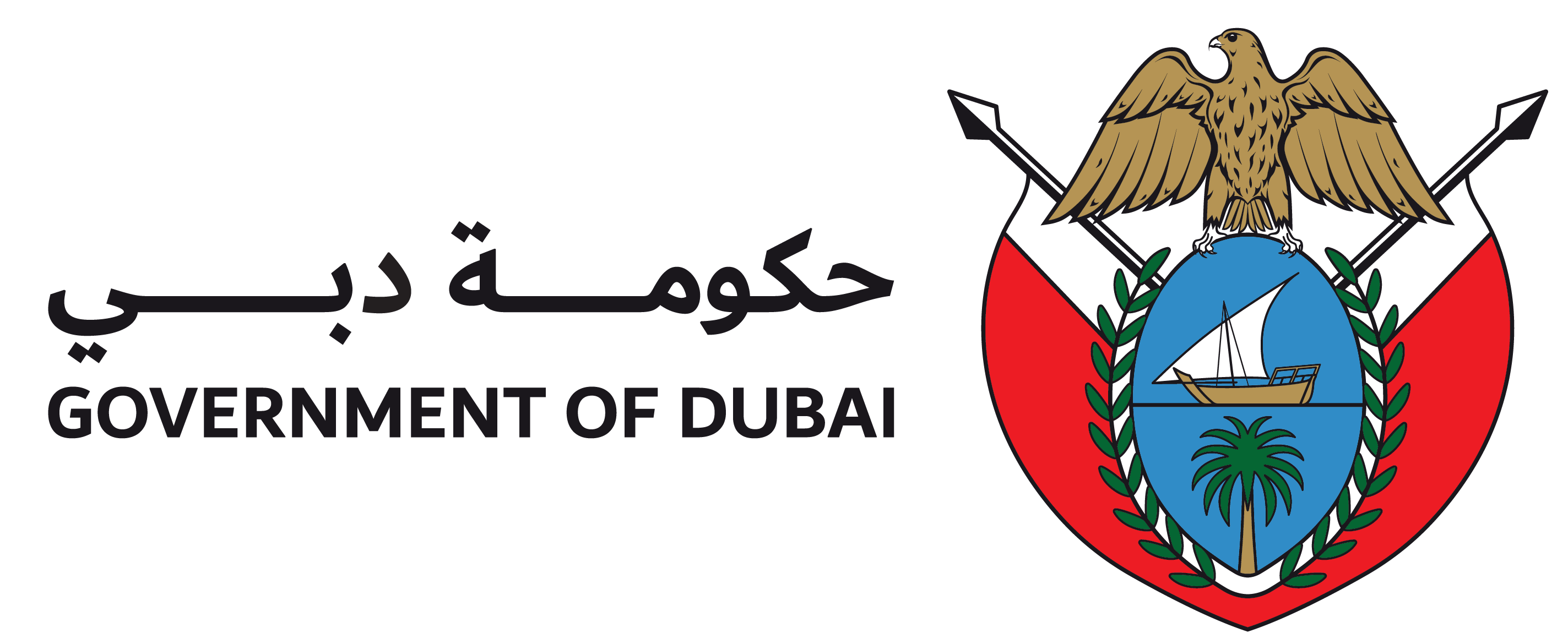Dubai Supreme Council of Energy reviews performance of the Building Retrofit programme in Dubai

Dubai, UAE, 26 June 2023: HH Sheikh Ahmed bin Saeed Al Maktoum, Chairman of the Dubai Supreme Council of Energy (DSCE), chaired the 77th meeting of the Council, which was held virtually in the presence of HE Saeed Mohammed Al Tayer, Vice Chairman of the DSCE.
The meeting was also attended by HE Ahmed Buti Al Muhairbi, Secretary-General of the Dubai Supreme Council of Energy, and board members HE Dawood Al Hajri, Director General of Dubai Municipality; HE Abdulla bin Kalban, Managing Director of Emirates Global Aluminium (EGA); HE Saif Humaid Al Falasi, CEO of Emirates National Oil Company (ENOC); Juan-Pablo Freile, General Manager of Dubai Petroleum; and Hussain Al Banna, CEO of the Strategy & Corporate Governance Sector at the Roads & Transport Authority (RTA).
The meeting discussed several topics, including the Building Retrofit Programme in Dubai. Members reviewed the programme’s performance over the past years, culminating with efforts by relevant authorities to reduce the annual water and electricity consumption. The meeting discussed elements related to AC, lighting, building structure and rooftop solar power systems. Dubai aims to retrofit 30,000 buildings by the end of 2030.
The meeting also reviewed the latest developments in retrofitting government buildings in Dubai to improve their energy and water consumption. Since launching the programme in 2015, 8,000 buildings have been retrofitted, including 7,791 government buildings.
“To achieve the vision and directives of His Highness Sheikh Mohammed bin Rashid Al Maktoum, Vice President and Prime Minister of the UAE and Ruler of Dubai, to increase the share of clean and renewable energy, the meeting reviewed the initiatives and strategies to reach net-zero carbon emissions and consolidate a low-carbon economy. The most prominent of these strategies are the Dubai Clean Energy Strategy 2050 and the Dubai Net Zero Carbon Emissions Strategy 2050 to provide 100% of Dubai’s total power production capacity from clean energy sources by 2050, and the Dubai Carbon Abatement Strategy 2030,” said HE Saeed Mohammed Al Tayer, Vice Chairman of the DSCE.
“The development and implementation of the energy conservation programmes and projects have had a positive and tangible impact, reflected in the carbon emission reduction achieved. This underlines the efforts made by the relevant authorities in the Government of Dubai that support a sustainable green economy and the UAE’s efforts to achieve net-zero by 2050,” added Al Tayer.
“During the meeting, we reviewed the results achieved by Dubai in reducing carbon emissions in 2022, which reached 19%. This reflects the effectiveness of the programmes and projects to increase the share of solar energy and raise operational efficiency in factories and facilities, in addition to waste recycling in electricity and water production, industry, road transport and waste treatment,” said Al Muhairbi.
The meeting also reviewed the DSCE’s headquarters receiving the ISO 50001:2018 for energy management system, recognising its efforts to promote and manage energy efficiency. This has helped the DSCE include energy efficiency into the Integrated Energy Management by adopting a comprehensive approach for continuous improvement of energy performance across its facilities and assets and increasing awareness of responsible energy consumption.


